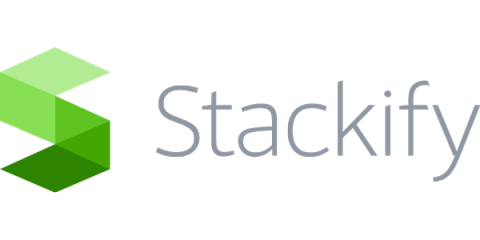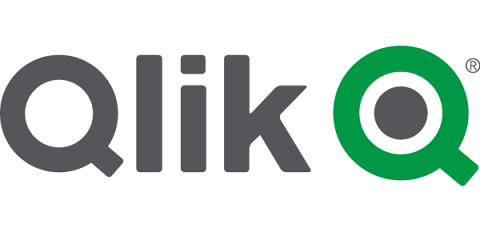How Serverless is an emerging Software Architecture?
Software development has greatly evolved over the years. Serverless is an emerging software architecture that could resolve issues when it comes to developing software solutions. As software developers, you’re tasked with server setup, installing the software, operating systems requirements, server management and maintenance, designing an application with high fault tolerance and availability, as well as managing load balance and more.










